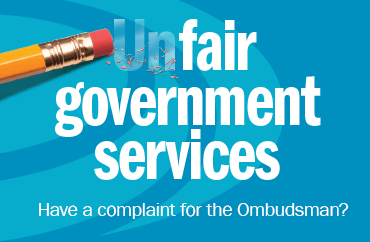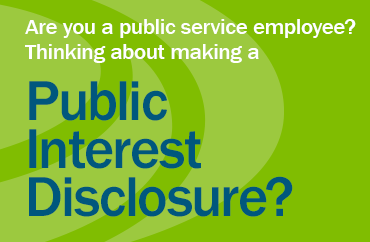Should That Count as Income?
**This featured case is one example of the concerns people have brought to us. Names have been changed to protect the identity of the people involved.
The following case was taken forward by the Ombudsman “on his own motion.” While there is not a specific story related to it that came to our office, we understand that several cases like this exist each year. We present this hypothetical example as an illustration.
When Coralee and Cameron divorced, the court ordered that Cameron pay $550 each month: $400/month in child maintenance plus a special expenditure of $150/month so their son could continue working with a math tutor. Coralee registered the court order with the Maintenance Enforcement Office, which collected the funds on her behalf.
Coralee had a disability and was unable to find a job, so she applied for Social Assistance. Since maintenance payments are considered income, she signed a form to allow the maintenance payment to be turned over to Social Services. She would then receive the usual rate for a single parent with one child, plus a disability allowance.
Coralee asked if the $150/month could be paid to her in addition to her regular Social Assistance cheque so she could continue paying the tutor, but her worker told her that this was not possible. Coralee would have to find a way to pay the $150/month herself. She found that she was unable to do this and her son had to forego tutoring, even though his father was paying for it.
Analysis of the Hypothetical Example
Although this is a hypothetical example, our office was aware that real examples of this nature existed, so the Ombudsman wrote to the Deputy Minister of Social Services to provide notice that this office would investigate the matter. The Ombudsman was concerned that funds being paid as a result of court order were being used in a way that was contrary to the original intent and that, as a result, children were losing out. Tutoring is just one example of a special or extraordinary expense of this nature. Other examples include medication, dance classes, hockey, school expenses or child care.
Shortly after the investigation began, the Ministry responded favourably to the Ombudsman’s letter and promised to find a solution. Minister’s Orders have now been signed so that the Saskatchewan Assistance Program and the Transitional Employment Allowance Program will no longer include these special expenses in the calculation of the parent’s income.




